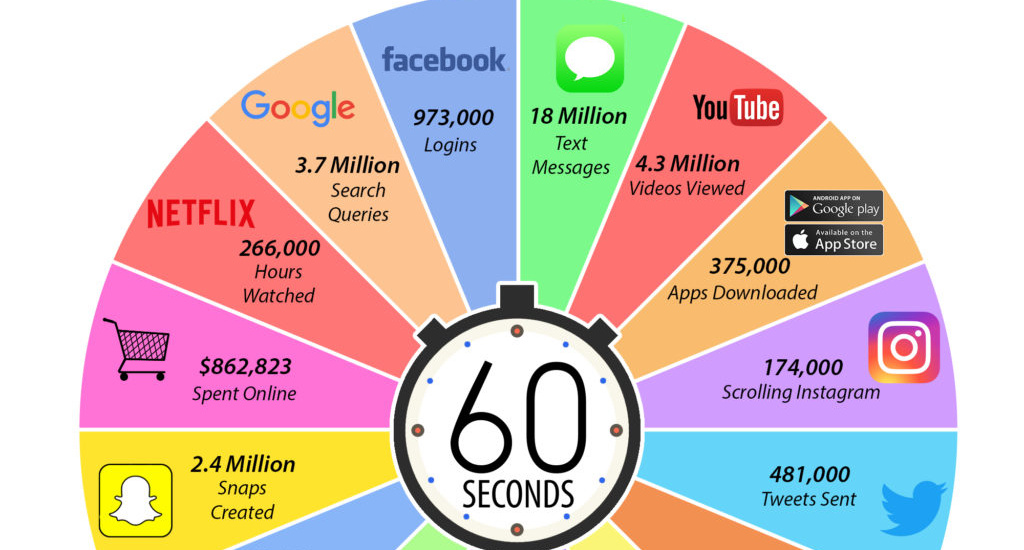
In a world increasingly driven by sustainability, the future of PP recycle and the circular economy is not just a trend—it’s an evolving necessity. For companies, governments, and communities striving for eco-friendly solutions, understanding these future trends can transform how we perceive waste and resource management. This blog post explores potential advances in PP recycling and how the circular economy can reshape industries and lifestyles.
Innovations in PP Recycling Technologies
The technology behind PP recycling is rapidly advancing, opening new doors to efficiency and effectiveness. One of the most promising developments is chemical recycling, which breaks down plastics into their basic molecular structures. This allows for the creation of new PP products without degrading quality, offering a sustainable loop that traditional mechanical recycling can’t always achieve.
In addition to chemical recycling, AI-driven sorting systems are revolutionizing how we handle waste. These systems use machine learning to identify and sort PP from mixed waste streams with remarkable precision, reducing contamination and increasing the quality of recycled materials. Innovations like these are critical as they increase the viability and appeal of recycling processes.
Finally, advancements in biodegradable additives for PP are gaining traction. While still in the early stages, these additives could significantly reduce the environmental impact of PP products that escape recycling systems, offering a dual approach to managing plastic waste.
Circular Economy Impact on PP Recycling
The concept of a circular economy is closely tied to effective PP recycling. Unlike a linear economy, where products are manufactured, used, and discarded, a circular economy emphasizes reusing, refurbishing, and recycling materials. This shift helps minimize waste and make the most of existing resources.
One significant impact of the circular economy on PP recycling is the increased collaboration across supply chains. From manufacturers to retailers to consumers, all stakeholders have a role in ensuring products are designed for longevity and recycling. This collective responsibility encourages innovation and accountability, vital for a sustainable future.
Another promising trend is the rise of producer responsibility schemes, where companies take back their products at the end of their lifecycle. These schemes incentivize businesses to innovate in product design, making items easier to recycle and less harmful to the environment. Such initiatives not only support recycling efforts but also drive economic growth within a circular framework.
The Role of Consumers in Driving Change
Consumers are pivotal in advancing PP recycling and the circular economy. Increasing awareness and demand for sustainable products are pushing businesses to adopt greener practices. By choosing products made from recycled PP or supporting brands that prioritize sustainability, consumers can influence industry trends and promote environmental responsibility.
Education plays a crucial role in empowering consumers to make informed choices. Understanding the benefits of PP recycling and the circular economy can motivate more people to participate in recycling programs and advocate for policy changes. This grassroots movement is essential for sustaining momentum and achieving widespread change.
Additionally, the rise of sharing and repair economies complements PP recycling efforts. By opting for services that extend the life of products, consumers contribute to a culture of sustainability that aligns with the principles of a circular economy. This shift in mindset is gradually reshaping how society views consumption and waste.
Charting a Sustainable Path Forward
The future of PP recycling and the circular economy is bright, fueled by technological innovation, collaborative efforts, and consumer engagement. By integrating these trends into everyday practices and policies, we can create a more sustainable world where resources are valued and preserved for future generations. As we move forward, exploring new technologies and fostering a culture of responsibility will be vital in driving the transition to a circular economy.


